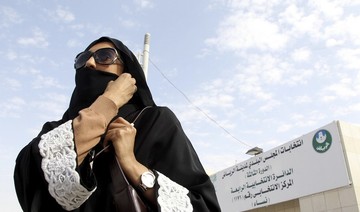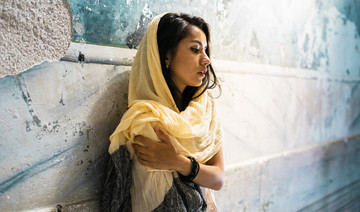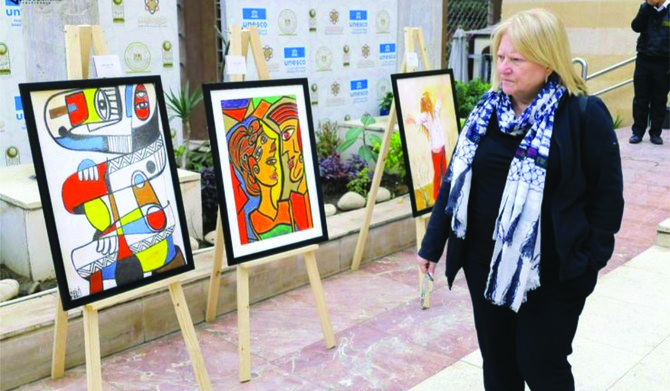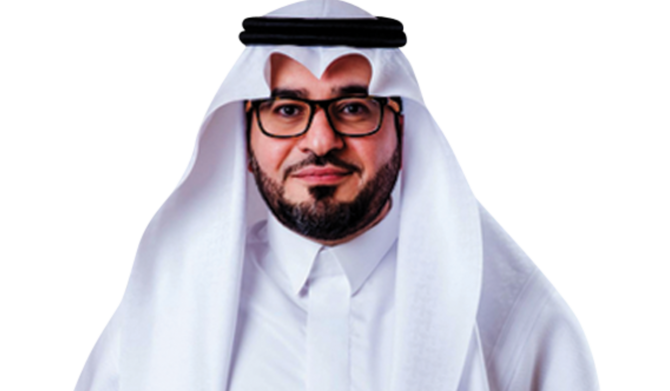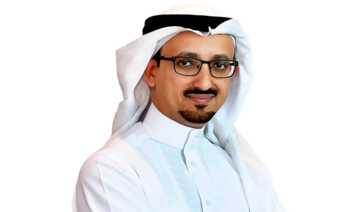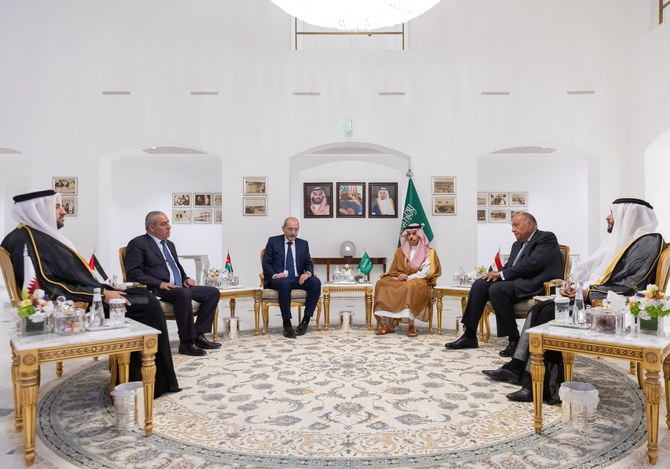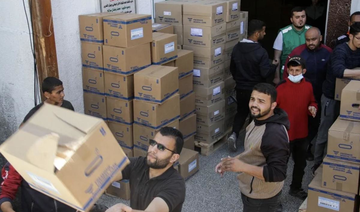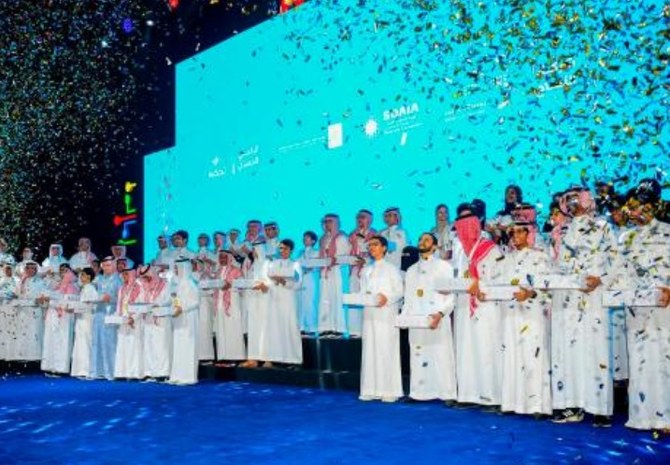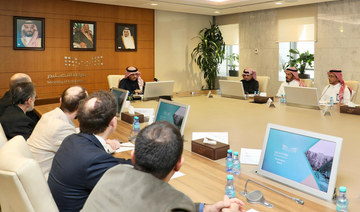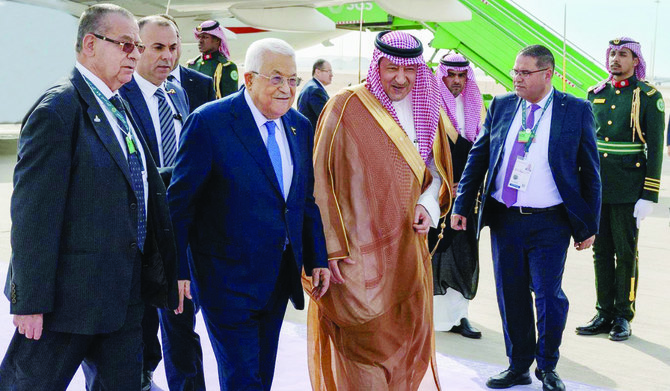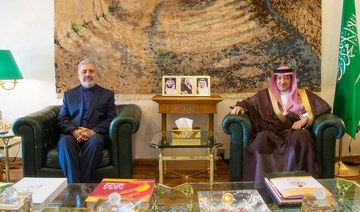JEDDAH: Saudi Arabia’s relatively new anti-harassment law was put to the test in the past week, with two separate incidents that were publicized online, resulting in the arrests of the offenders, both in their 20s, within a 24-hour period.
The first took place on Wednesday night in Alkhobar, where a woman was sexually and verbally harassed as she was driving her car.
The woman recorded the incident as the man threatened to open the car door if she did not get out. “I want you, get out,” he said as he made various lewd gestures.
The woman posted the video on social media but has not officially filed a report. She reportedly wanted the video to go viral to push for the man’s arrest.
“The government didn’t disappoint,” she said, as the public prosecutor issued an order to arrest the man.
In Dammam, a woman was sexually assaulted from behind as she was leaving a grocery store on Saturday. The incident was captured on CCTV.
Saudi Arabia’s Attorney General Saud Al-Moajab ordered the immediate arrest of the man after the incident was brought to his attention.
Police spokesman Col. Ziyad Al-Riqaiti did not identify the man, but said he was a Saudi in his 20s.
Social media lit up in reaction as the videos of both perpetrators were widely circulated. An overwhelming majority of Saudis expressed disdain, saying the perpetrators’ actions contradicted Islamic teachings. There were some who justified the acts of the perpetrators.
“Defamation, defamation, defamation. How will the likes of him deter from their ways if we don’t slander him?” @MAloamari tweeted. “The public prosecutor’s quick actions are praised by all in the community.”
@adnanalhassani said of the grocery store incident: “Thank God for CCTV cameras.”
@m7md1433 tweeted: “The most important thing is they brought him in. We’ll surely hear of the severe punishment shortly.”
@TARQ2012 tweeted: “Defamation is the best solution for harassers.” @abood7562 said of the harasser in Dammam: “Let them put an end to this aggressor. I wish that the most severe of penalties is applied.”

Two Saudi men, both in their 30s, were arrested for sexually harassing women in the eastern cities of Alkhobar and Dammam. (YouTube image)
Shoura Council member Noura Shaaban said: “We live in the reign of King Salman, who has ensured that women must work in a safe environment.”
She added: “He has issued laws to combat harassment. The Human Rights Commission commended the adoption of this system and its importance in maintaining the individual’s privacy and dignity, guaranteed by the provisions of Islamic law and regulations.”
Shaaban said: “We as women shall continue to exercise all our daily activities and errands with the support of our leadership.”
Al-Riqaiti said police throughout the Kingdom are keen to ensure the safety of all citizens and residents.
He issued a stern warning against anyone wishing to harm the security, safety and stability of Saudi society.
In a statement posted on its Twitter page, the public prosecution emphasized that sexual harassment is defined as words or actions that hint at sexuality, coming from one person to another, that harm the body, honor or modesty of a person in any way, including through the use of modern technology.
أخي المواطن.أخي المقيم.
جريمة التحرش تقترف بكل قول أوفعل أو إشارة تصدر من شخص تجاه آخر ذات مدلول جنسي تمس جسده أو عرضه أو تخدش حياءه بشكل مباشر أو غير مباشر بما في ذلك وسائل التقنية وعقوباتها السجن مدة تبلغ إلى سنتين وغرامة مالية تصل مائة ألف ريال وتشدد حال العود.#النيابة_العامة pic.twitter.com/6Bean2gvYj— النيابة العامة (@bip_ksa) May 11, 2019
The law provides for penalties of up to two years in prison and fines of up to SR100,000 ($26,664.5).
In 2017, a royal decree stated that “considering the dangers sexual harassment poses and its negative impact on the individual, the family and society along with its contradiction of Islamic principles, our customs and traditions,” the Interior Ministry “shall prepare a draft law to tackle sexual harassment.” The decree came days after the ban on women driving was lifted.
In May 2018, the Shoura Council and Cabinet approved legislation, drafted by the ministry and instructed by King Salman, that criminalized sexual harassment.





